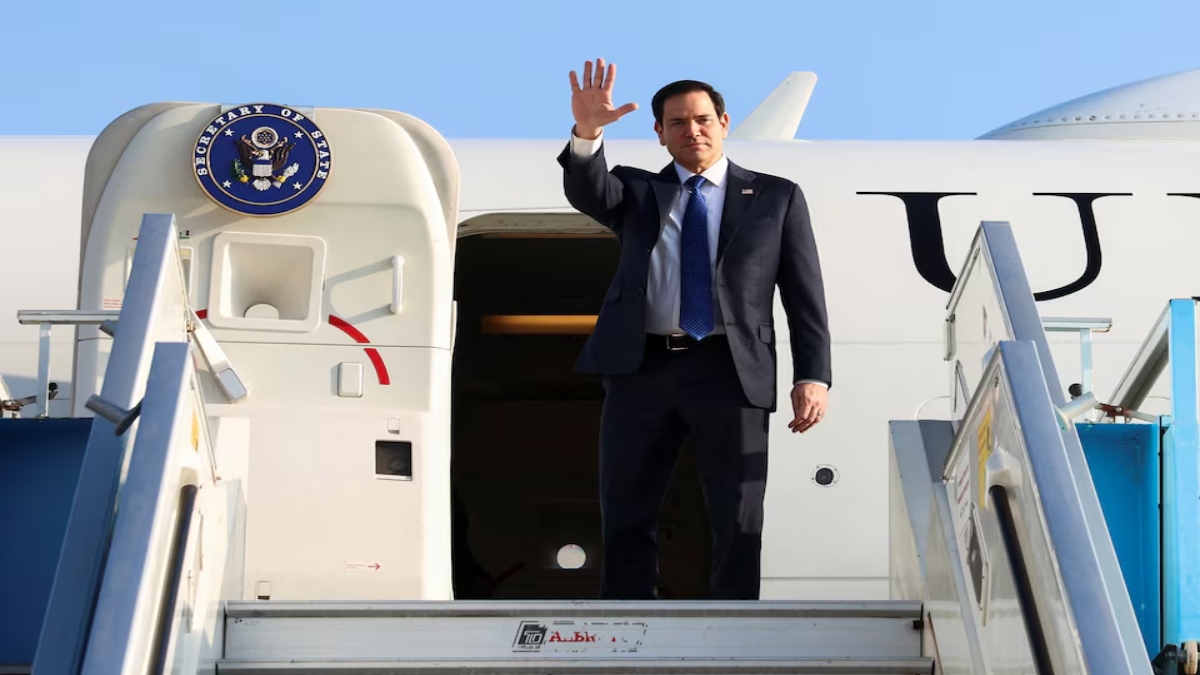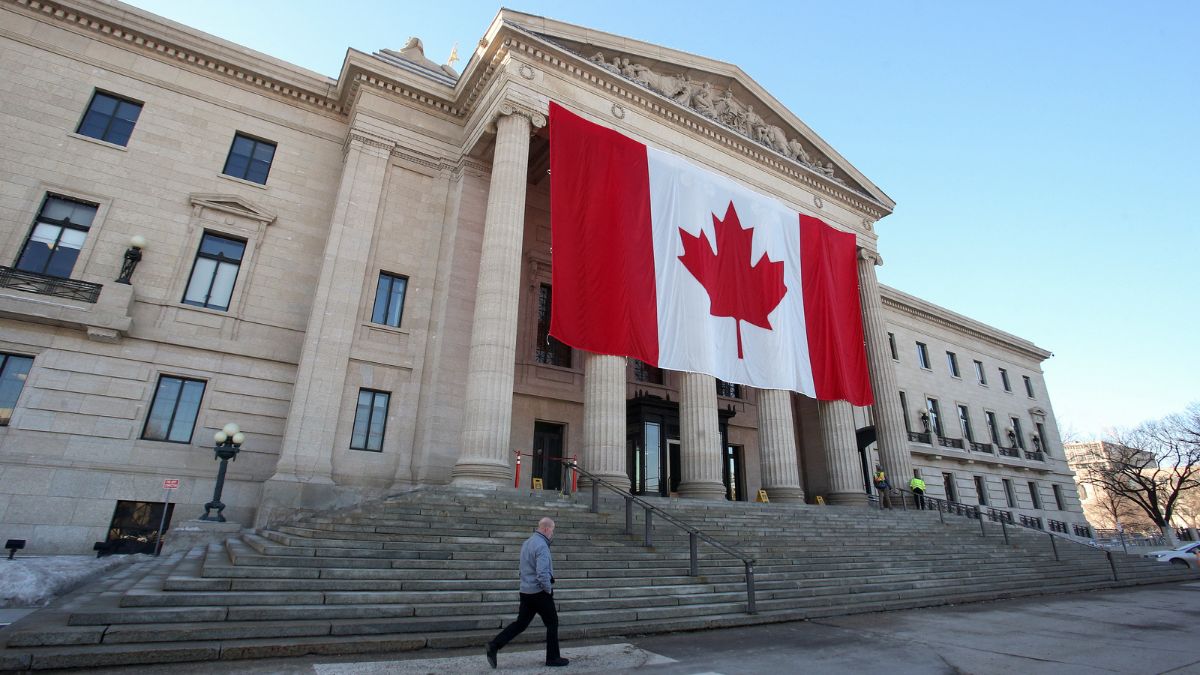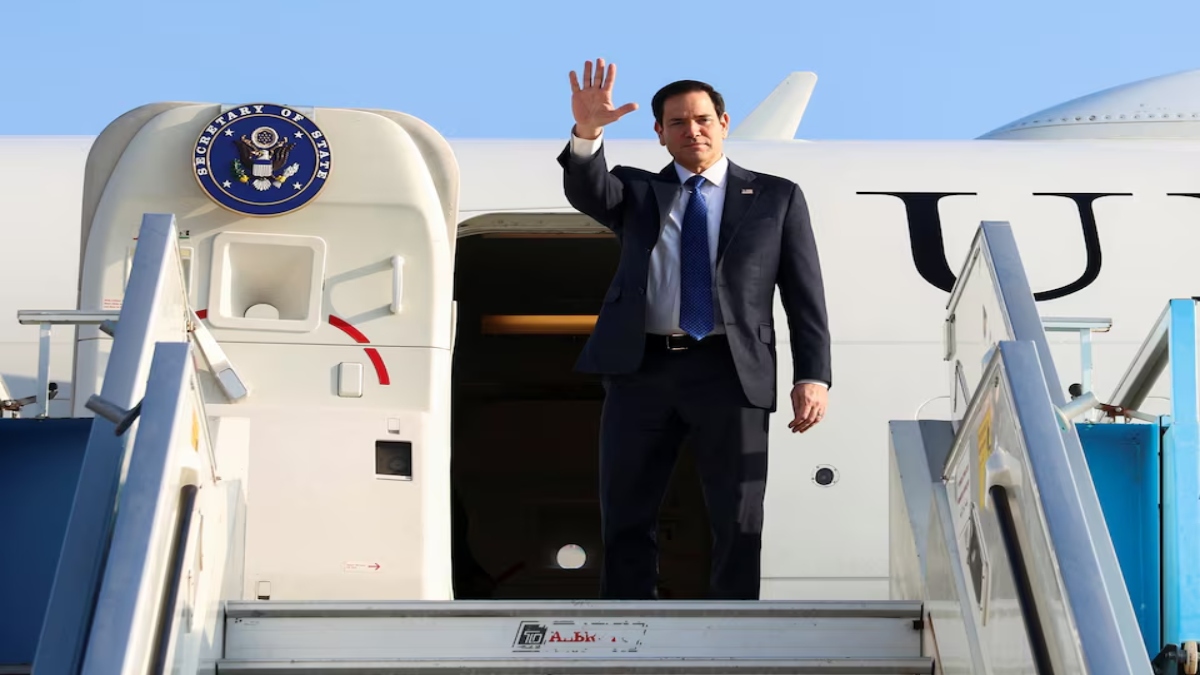The world is witnessing nothing short of a trade war between the US and China, and amid this, could there be another one waging between India and Bangladesh? Recent developments suggest that the neighbouring countries are going back and forth in import-export by suspending shipping and land port services.
April saw two major events unfold that are likely to hamper trade between India and Bangladesh. First, New Delhi suspended the transhipment facility for Bangladesh’s export cargo, followed by Dhaka halting the import of yarn through the Benapole, Bhomra, Sonamasjid, Banglabandha and Burimari land ports.
The termination of the transhipment facility could disrupt Bangladesh’s trade with Bhutan, Nepal, and Myanmar. Furthermore, landlocked countries like Nepal and Bhutan are likely to raise concerns over the closure of the facility as it may affect their trade with Bangladesh.
Relations between the two countries have nosedived since last year after Prime Minister Sheikh Hasina was ousted from Dhaka. Hasina’s departure brought in a wave of attacks against Hindus in Bangladesh, which were strongly condemned by New Delhi and plunged ties even further. A meeting between Prime Minister Narendra Modi and Chief Adviser Muhammad Yunus did not seem to ease tensions either, as the closure and pause of the transhipment facility and yarn imports followed their discussions.
Is Dhaka trying to upend trade ties with India? And can it really afford to do so? Let’s take a look:
Pak foreign secy in Dhaka
While Bangladesh’s trade with India comes into question, it seems to be getting cosy with Pakistan. The country’s Foreign Secretary, Amna Baloch, is in Dhaka to attend the Foreign Office Consultation (FOC).
A major point of discussion between Dhaka and Islamabad during this meeting would be to look at ways to boost trade. Bangladesh has already opened direct shipping lines with Pakistan, while Islamabad seeks increased exports with Dhaka.
Pakistan is looking to export products such as cotton, sugar, rice, and wheat. During the fiscal year 2023–24, Bangladesh exported goods valued at $61.98 million to Pakistan, while its imports from Pakistan totalled $627.8 million.
“Pakistan sees potential for boosting exports to Bangladesh, especially if their products are price-competitive,” said Bangladesh High Commissioner to Pakistan Iqbal Hussain Khan.
How has India’s trade been with B’desh?
According to numbers provided by the India Brand Equity Foundation (IBEF), the total turnover of trade between India and Bangladesh touched $12.90 billion in FY24.
India, which is one of Bangladesh’s biggest export partners, shipped 5,620 commodities to the country last year. Meanwhile, Dhaka’s export to India stood at just $1.8 billion last year.
“Major principal commodities exported from India to Bangladesh include cotton, followed by mineral fuels, mineral oils, and products of their distillation; bituminous substances; mineral waxes; vehicles other than railway or tramway rolling stock, and parts and accessories thereof; nuclear reactors, boilers, machinery and mechanical appliances; parts thereof; and residues and waste from the food industries; prepared animal fodder, in April-October FY25,” a report by IBEF said.
How forging good ties with India is essential for B’desh
The above-mentioned numbers on India-Bangladesh export and import suggest that Dhaka has a massive trade deficit with New Delhi. Bangladesh relies heavily on imports of essential goods like cotton, food grains, sugar, electronics, and steel from India. A suspension of trade would almost certainly deal a severe blow to Dhaka’s economy.
The textile industry in Bangladesh, a crucial pillar of the nation’s economy, contributing 11 per cent to its GDP, relies heavily on India. Reports indicate that India exports 35 percent of its total cotton production to Bangladesh. If these imports are halted, the impact on Bangladesh’s textile sector would be severe.


)
)
)
)
)
)
)
)
)